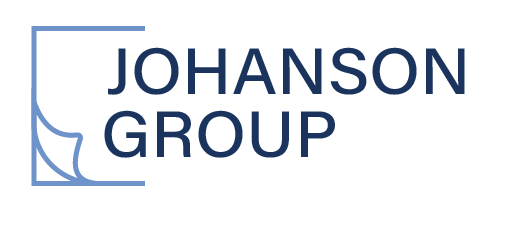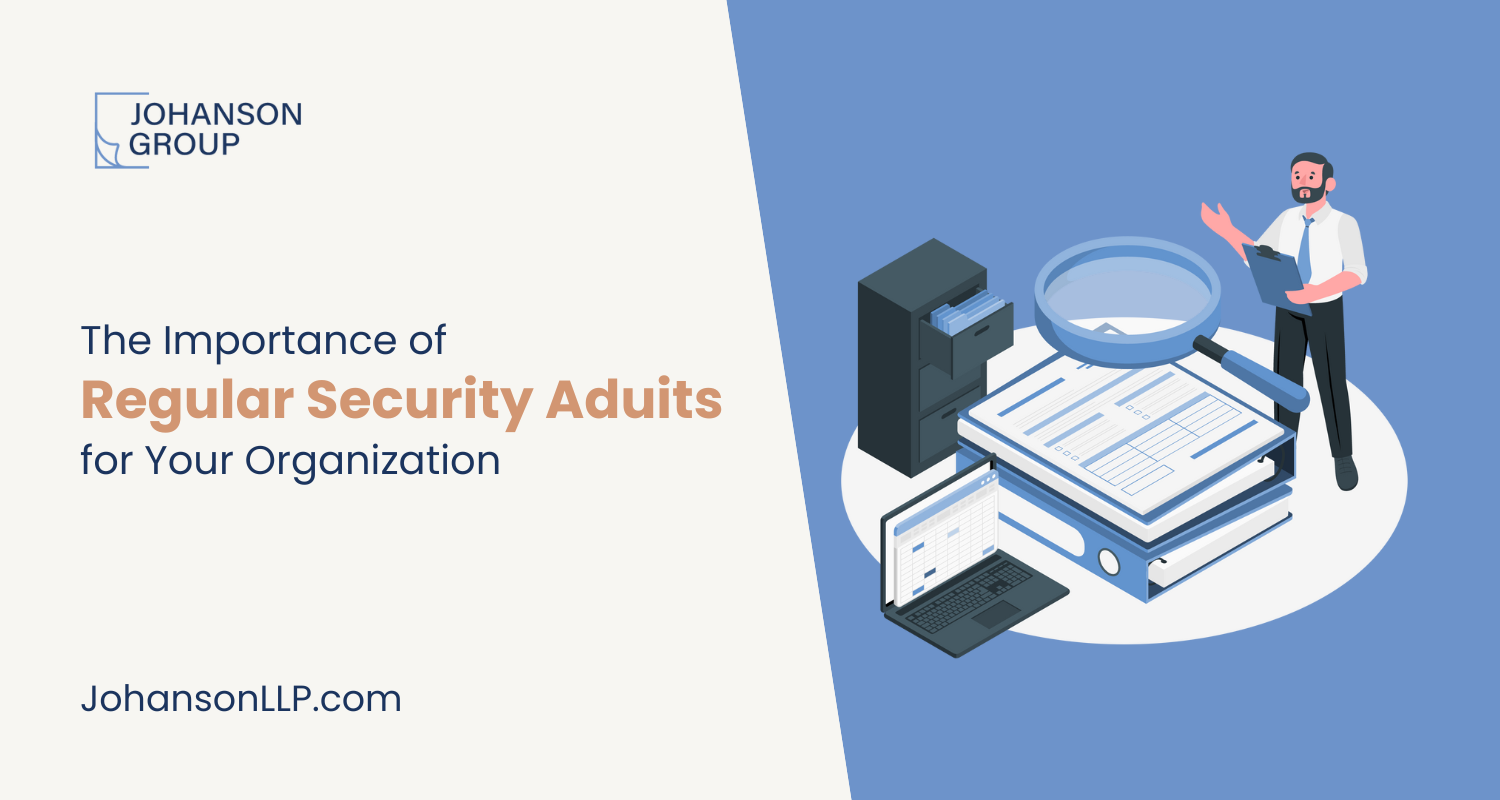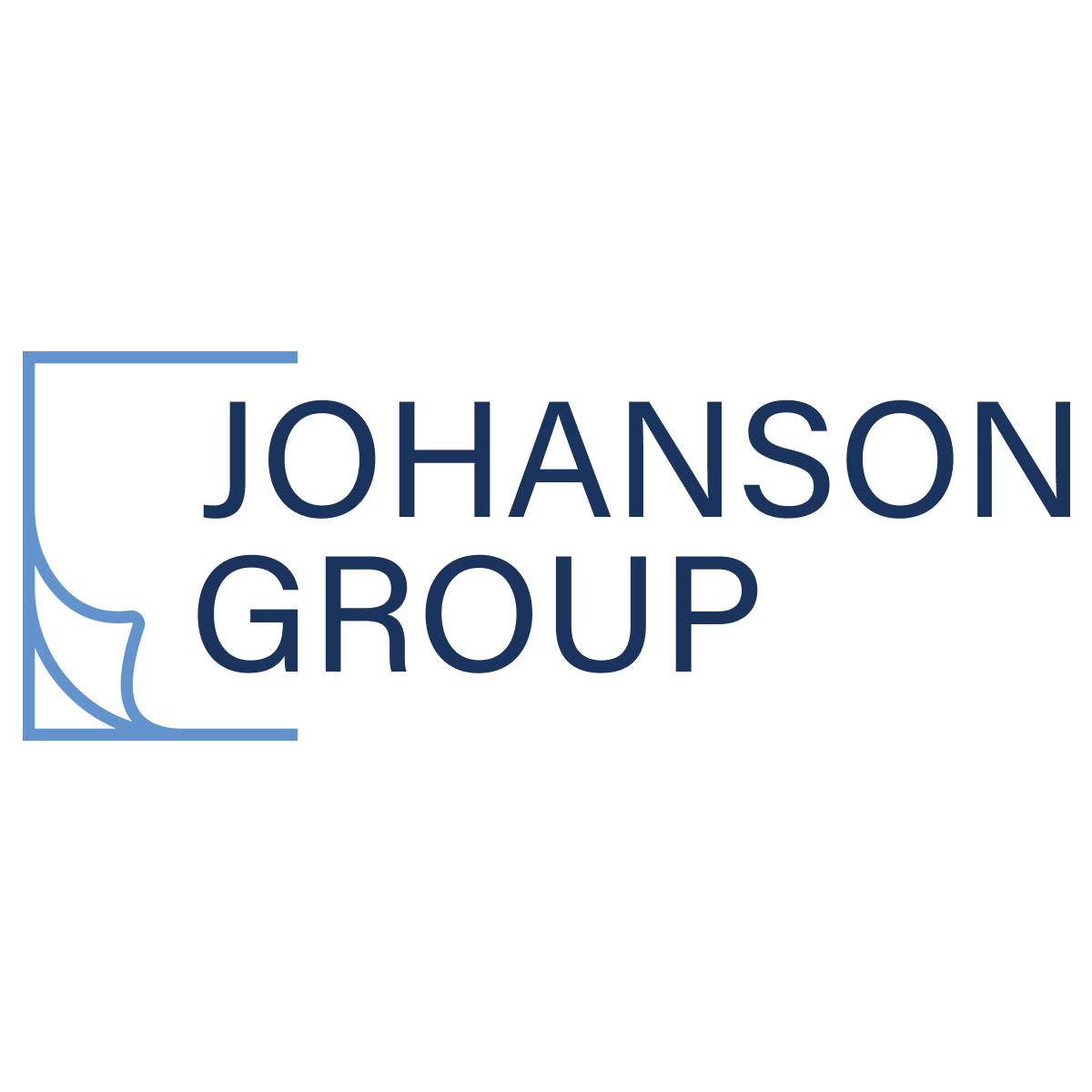The Importance of Regular Security Audits for Your Organization
The security of your organization’s data is more critical than ever. Cyber threats are evolving rapidly, and even the smallest vulnerability can be exploited, leading to severe consequences. Regular security audits are essential to ensuring your organization’s defenses are up to the challenge. These audits not only help you identify weaknesses but also ensure compliance with regulatory requirements, build customer trust, and protect against financial loss.
What is a Security Audit?
A security audit is a comprehensive evaluation of your organization’s information systems to assess the effectiveness of your security measures. It involves reviewing policies, procedures, and technical controls to identify potential vulnerabilities and ensure that your organization is compliant with relevant security standards and regulations. Security audits are crucial for detecting weaknesses before they can be exploited by malicious actors.
READ MORE: IT Audit Checks: What You Need To Know
The Importance of Security Audits
1. Identifying Vulnerabilities Regular security audits are your first line of defense against cyber threats. By identifying vulnerabilities in your systems, you can take proactive measures to address them before they are exploited. This helps in mitigating risks and protecting your organization’s sensitive data.
2. Ensuring Regulatory Compliance Many industries are subject to strict regulatory requirements concerning data security. Regular security audits ensure that your organization remains compliant with these regulations, avoiding costly fines and legal issues. Compliance with standards like GDPR, HIPAA, and PCI DSS is not just a legal obligation but also a critical factor in maintaining your organization’s reputation.
3. Increasing Customer Trust Customers are increasingly concerned about how their data is handled. Regular security audits demonstrate your commitment to protecting their information, which can significantly boost customer trust and loyalty. A strong security posture is a competitive advantage that can set your organization apart in the marketplace.
4. Preventing Financial Loss The financial impact of a data breach can be devastating, ranging from lost revenue to legal costs and reputational damage. By conducting regular security audits, you can prevent these financial losses by identifying and addressing vulnerabilities before they lead to a breach.
Steps on How to Implement Regular Security Audits
Define Objectives: Clearly outline the goals of your security audit, whether it’s compliance, vulnerability assessment, or overall security posture evaluation.
Choose the Right Framework: Select a security framework that aligns with your organization’s industry and compliance needs (e.g., SOC, ISO 27001, PCI DSS).
Conduct a Risk Assessment: Identify potential risks to your information systems and prioritize them based on the likelihood and impact of their occurrence.
Review Security Policies: Ensure that your organization’s security policies are up-to-date and reflect current best practices.
Test Technical Controls: Conduct thorough testing of your organization’s technical controls, such as firewalls, encryption, and access controls.
Report Findings: Document the results of your audit, including identified vulnerabilities and recommended remediation steps.
Implement Remediation: Address the vulnerabilities identified during the audit and monitor their resolution.
Schedule Follow-Up Audits: Regular audits should be an ongoing process, not a one-time event. Schedule follow-ups to ensure continued compliance and security.
Types of Security Audits
1. SOC (System and Organization Controls) SOC audits are designed to assess an organization’s controls over financial reporting, data privacy, and security. SOC 1 audits focus on financial controls, while SOC 2 and SOC 3 audits evaluate controls related to security, availability, processing integrity, confidentiality, and privacy.
2. ISO 27001 ISO 27001 is a widely recognized standard for information security management systems (ISMS). It provides a framework for managing sensitive company information to remain secure. This standard is suitable for organizations of all sizes across various industries.
3. ISO 27017/18 These standards extend ISO 27001 by providing additional guidelines for cloud security (ISO 27017) and the protection of personal data in the cloud (ISO 27018). They are essential for organizations that rely on cloud services to manage and store data.
4. ISO 42001 ISO 42001 is a new international standard (published in late 2023) that provides a framework for organizations to establish, implement, maintain, and continually improve an Artificial Intelligence Management System (AIMS). Essentially, it's about ensuring the responsible development and use of AI systems
5. HIPAA (Health Insurance Portability and Accountability Act) HIPAA audits are crucial for organizations that handle protected health information (PHI). They ensure that healthcare providers, insurers, and other entities comply with stringent data privacy and security regulations to protect patient information.
6. PCI DSS (Payment Card Industry Data Security Standard) PCI DSS audits are essential for any organization that processes, stores, or transmits credit card information. Compliance with PCI DSS helps protect cardholder data and reduce the risk of data breaches.
7. GDPR (General Data Protection Regulation) GDPR audits are vital for organizations that handle the personal data of EU citizens. These audits ensure compliance with stringent data protection regulations designed to safeguard individuals’ privacy rights.
8. NIST (National Institute of Standards and Technology) NIST provides a cybersecurity framework that helps organizations manage and reduce cybersecurity risk. It is widely used by government agencies and private sector companies in the U.S.
Choose Johanson Group for All Security Audit Needs
Regular security audits are essential to safeguarding your organization’s data, ensuring compliance, and building trust with your customers. At Johanson Group, we specialize in conducting thorough and effective security audits tailored to your organization’s needs. Whether you require SOC, ISO, HIPAA, PCI DSS, GDPR, or NIST audits, our expert team is here to help. Protect your organization with Johanson Group—your trusted partner in security and compliance.



